Scientific Research on Floatation Therapy
Floatation therapy was once considered a fringe field of sensory deprivation, better suited for sci-fi movies than an academic laboratory - but no longer. Thanks to an ever-growing body of scientific research, floatation therapy (commonly referred to in scholarly literature as floatation-REST therapy) grows each year in stature as a promising treatment for afflictions as wide-ranging as fibromyalgia, addiction, and ADHD.
As we continue to break down the science behind the unique benefits of float therapy, we’ll be compiling a directory of floatation REST research studies here.
Studies on the Psychological Benefits of Floatation Therapy
From reducing stress to improving creativity and learning, studies have shown that float therapy can provide many psychological benefits. Here are some studies on the psychological benefits of floating that we found interesting:
The effect of the floatation version of Restricted Environmental Stimulation Technique (REST) on jazz improvisation. Oshin Vartanian, Peter Suedfeld. Music and Medicine, May 2011.
Creativity enhancement through floatation isolation. Donald G. Forgays, Deborah K. Forgays. Journal of Environmental Psychology, December 1992.
The use of floatation rest in the treatment of persistent psychophysiological insomnia, UBC Retrospective Theses Digitization Project, 1989.
Case studies on fibromyalgia and burn-out depression using psychotherapy in combination with flotation-REST: Personality development and increased well-being. Åsenlöf K, Olsson S, Bood SÅ, Norlander T. Imagination, Cognition and Personality, 2007.
Eliciting the relaxation response with the help of flotation-rest (restricted environmental stimulation technique) in patients with stress-related ailments. Bood, Sven Å.; Sundequist, Ulf; Kjellgren, Anette; Norlander, Torsten; Nordström, Lenneart; Nordenström, Knut; Nordström, Gun. International Journal of Stress Management, May 2006.
Enhanced independence and quality of life through treatment with flotation-Restricted Environmental Stimulation Technique of a patient with both Attention Deficit Hyperactivity Disorder and Aspergers Syndrome: a case report. Hanna Edebol, Anette Kjellgren, Sven-Åke Bood and Torsten Norlander. Cases Journal, 2009.
Quality of life with flotation therapy for a person diagnosed with attention deficit disorder, atypical autism, PTSD, anxiety and depression. Anette Kjellgren, Hanna Edebol, Tommy Nordén, Torsten Norlander. Open Journal of Medical Psychology, 2013.
Sensory Isolation in Flotation Tanks: Altered States of Consciousness and Effects on Well-being. The Qualitative Report, December 2008.
Flotation restricted environmental stimulation therapy (REST) as a stress-management tool: A meta-analysis. Psychology & Health, 2005.
The use of restricted environmental stimulation therapy in treating addictive behaviors. Roderick A. Borrie. The International Journal of Addictions, 1991.
Restricted environmental stimulation and smoking cessation: a 15-year progress report. Peter Suedfeld. The International Journal of Addictions, Aug. 1990.
Restricted environmental stimulation therapy of smoking: A parametric study. Peter Suedfeld, Gloria Baker-Brown. Addictive Behaviors, 1987.
Studies on the Physical Benefits of Floatation Therapy
Research has also shown that floating offers many physical benefits, from boosting athletic performance to pain relief to improving prenatal health. These are the studies on the physical benefits of floating that we liked:
The Acute Effects of Flotation Restricted Environmental Stimulation Technique on Recovery From Maximal Eccentric Exercise. Journal of Strength & Conditioning Research, December 2013.
Effects of flotation-REST on muscle tension pain. Kjellgren A1, Sundequist U, Norlander T, Archer T. Pain Research Management, Winter 2001.
REST for muscle contraction headaches: a comparison of two REST environments combined with progressive muscle relaxation training. Randy Rzewnick, Alistair B. C. Wallbaum, Howard Steele, Peter Suedfeld. Restricted Environmental Stimulation, 1990.
Effects of flotation REST on range of motion, grip strength and pain in rheumatoid arthritics. John TurnerJr., Anna DeLeon, Cathy Gibson, Thomas Fine. Clinical and Experimental Restricted Environmental Stimulation, January 2005.
A pilot study to evaluate the effects of floatation spa treatment on patients with osteoarthritis S. Hill, M.J.H. Eckett, C. Paterson, E.F. Harkness. Complementary Therapies in Medicine, December 1999.
Primary process in competitive archery performance: Effects of flotation REST. Journal of Applied Sport Psychology, May 1998.
Floatation REST and Imagery in the Improvement of Athletic Performance. Journal of Sport & Exercise Psychology, 1990.
Scientific Research on Magnesium
One of the added advantages of floating is increased absorption of magnesium, a mineral present in the vast quantities of Epsom salt that make float tanks so buoyant. Magnesium has its own unique benefits, demonstrated in many studies not specifically related to floatation-REST therapy:
Management of fibromyalgia: rationale for the use of magnesium and malic acid. Guy E. Abraham and Jorge D. Flechas. Journal of Nutritional and Environmental Medicine, 1992.
Why all migraine patients should be treated with magnesium. Mauskop A., Varughese J. Journal of Neural Transmission, May 2012.
The effects of magnesium physiological supplementation on hyperactivity in children with attention deficit hyperactivity disorder (ADHD). Positive response to magnesium oral loading test. B. Starobrat-Hermelin, T. Kozielec. Magnesium Research, June 1997.
